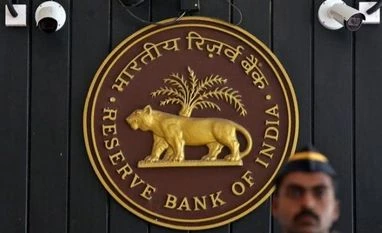The Reserve Bank Friday announced guidelines for co-origination of priority sector loans by banks and NBFCs with a view to enhancing flow of funds to the sector at competitive rates.
As per the norms issued by the RBI for all scheduled commercial banks (excluding Regional Rural Banks and Small Finance Banks) and Non-Banking Financial Companies - Non-Deposit taking- Systemically Important (NBFC-ND-SIs), the sharing of risks and rewards between these entities should be in a manner that enables appropriate alignment of respective business objectives, as per their mutual agreement.
The co-origination arrangement should entail joint contribution of credit by both lenders at the facility level.
"Based on the respective interest rates and proportion of risk sharing, a single blended interest rate should be offered to the ultimate borrower in case of fixed rate loans. In the scenario of floating interest rates, a weighted average of the benchmark interest rates in proportion to the respective loan contribution, should be offered," it said.
It is envisaged that the benefit of low-cost funds from banks and lower cost of operations of NBFC would be passed on to the ultimate beneficiary through the blended rate/weighted average rate, it said.
"In this regard, banks/NBFCs shall provide all the information like loan details including interest rate and other charges, details of risk sharing arrangement, etc., as and when called for by the Reserve Bank of India," it said.
As per the co-origination model whereby bank is not financing MFIs (micro finance institutions) and NBFCs for on-lending to ultimate borrower rather both of them join at each under-writing and loan level thereby sharing the loan amount in agreed percentage.
More From This Section
"The bank can claim priority sector status in respect of its share of credit while engaging in the co-origination arrangement. However, the priority sector assets on the bank's books should at all times be without recourse to the NBFC. Further, the loans extended by foreign banks under the co-origination framework shall be restricted only to loans qualifying as priority sector assets," it said.
With regard to grievance redressal, it said, any complaint registered by a borrower with the NBFC/bank shall also be shared with them; in case the complaint is not resolved within 30 days, the borrower would have the option to escalate the same with the concerned Banking Ombudsman/Ombudsman for NBFCs.
)